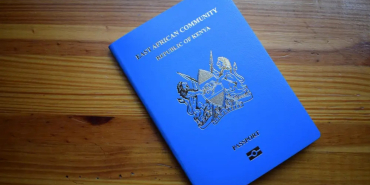Canada's Immigration Backlog Falls Below 900,000 in 2025

Canada's immigration system is showing signs of recovery as Immigration, Refugees and Citizenship Canada (IRCC) makes headway in reducing its backlog of applications.
As of March 2025, the total application backlog has fallen to 821,200, a 7.95% decrease from the 892,100 reported in January. This marks the third consecutive month that the backlog has remained below one million, signalling a sustained trend in improved processing times. According to IRCC data, 1,208,200 applications out of a total of 2,029,400 were processed within established service standards by the end of February. The backlog, as defined by IRCC, consists of applications exceeding the department's standard processing times, which vary depending on the application type.
For example, the target processing time for Express Entry applications is six months, while family sponsorship applications have a 12-month benchmark. IRCC aims to process 80% of applications within these timeframes.
This progress follows consistent reductions in the backlog over the past six months. Since September 2024, the number of pending applications has fallen from over one million to the current figure, indicating the effectiveness of measures implemented to expedite processing.
Despite these gains, significant delays persist in certain categories. Visitor visa applications continue to face the most substantial backlogs, with 65% exceeding IRCC's target processing time of 50%. Study and work permits have also experienced delays, although the work permit backlog has reached its lowest point since July 2023. Citizenship applications, on the other hand, are among the least affected, with only 18% of the 239,600 applications exceeding IRCC's targets.
Permanent residence applications have also seen improvements, though backlogs remain a concern for certain streams. Twenty-five percent of Express Entry applications and 36% of Provincial Nominee Program (PNP) applications are experiencing delays beyond established timelines.
To address these challenges and manage application volumes, IRCC has implemented several key strategies. Automation has played a significant role, with over 80% of visitor visa applications now benefiting from streamlined processing.
Furthermore, the introduction of a cap of 360,000 study permits for 2024 and the implementation of stable immigration targets within Canada's Immigration Levels Plan 2025-2027 provide greater predictability for processing and approval rates. These efforts reflect IRCC’s ongoing commitment to reducing application backlogs and ensuring effective handling of the increasing demand for immigration services. While progress has been made, applicants for visitor visas and study permits should remain aware of potential delays and plan accordingly.














Add new comment